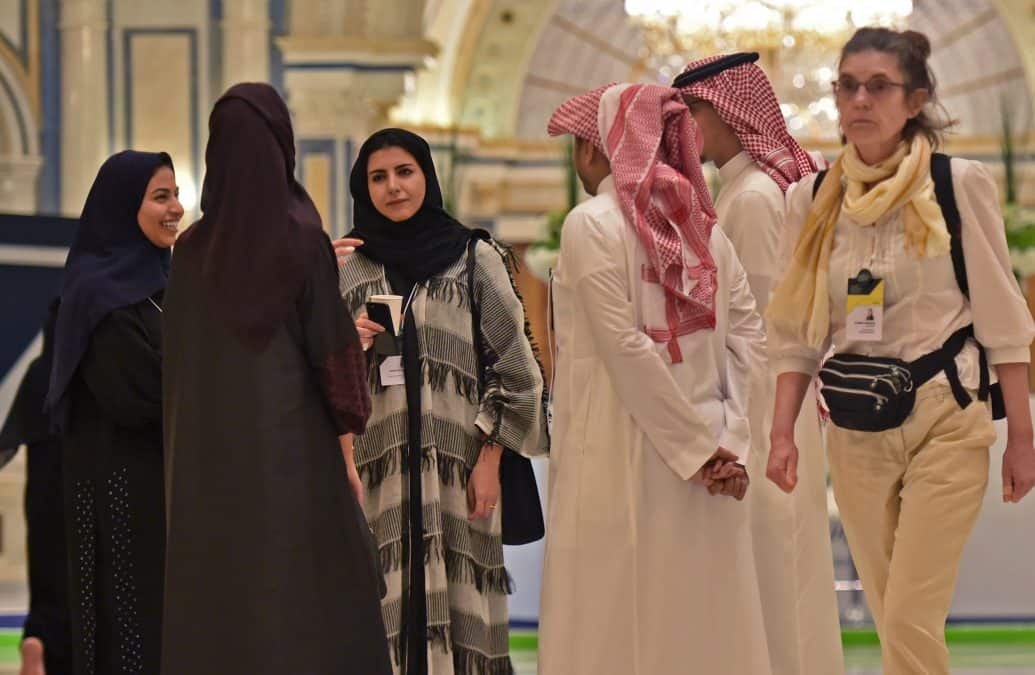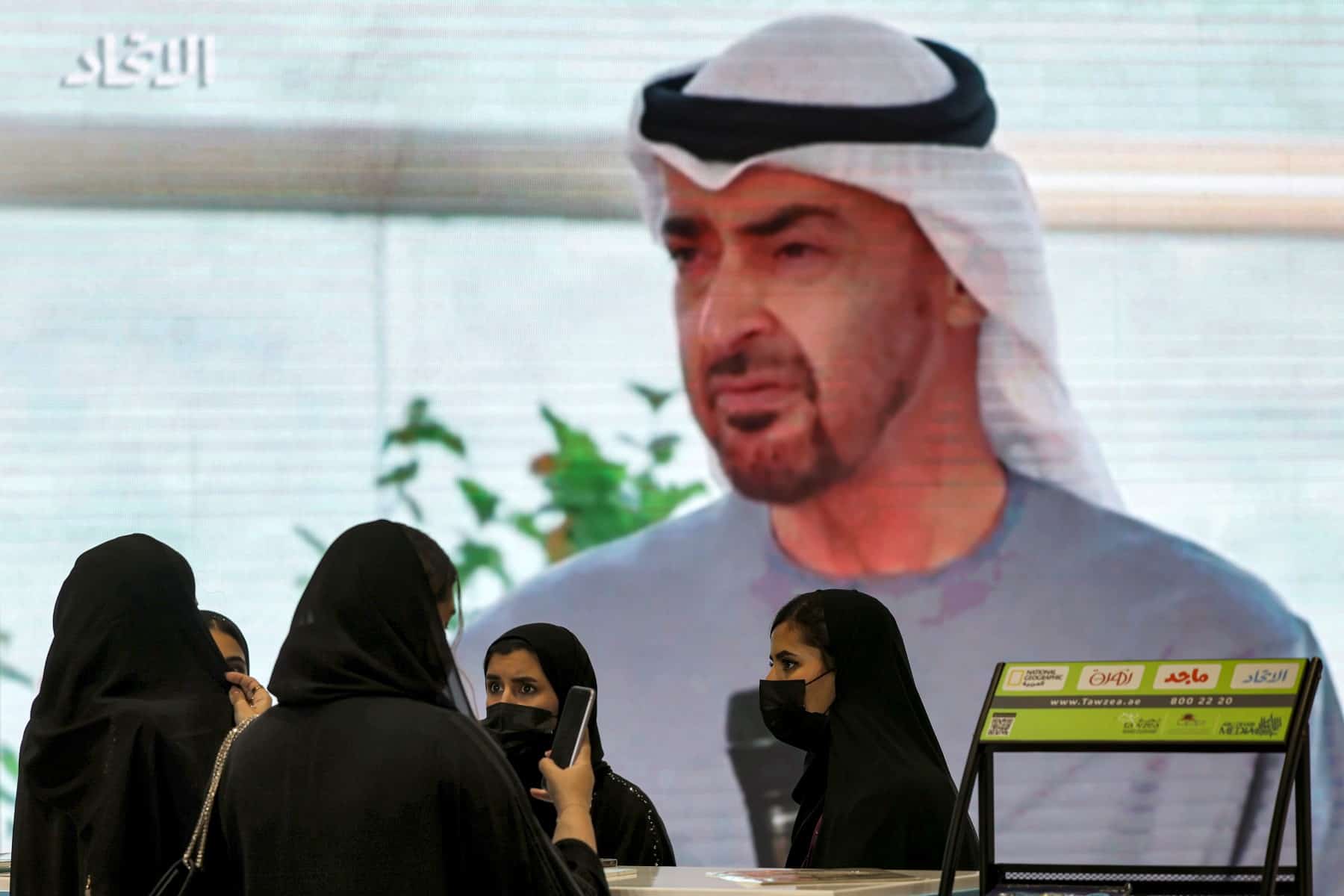Dubai, UAE – Unfair discrimination during the hiring process happens when employers choose candidates based on criteria that are not related to their qualifications. This can include job postings that specify gender, race, ethnicity, or nationality.
TRENDS conducted a Twitter poll asking if people had experienced discrimination during the job recruitment process in the GCC, with 48 percent of respondents saying “yes,” 30 percent saying “no,” and 22 percent selecting “not sure.” The majority of respondents were men (67.8 percent), and most were from Egypt (68.8 percent). About 11.7 percent of the votes came from Kuwait, 6.5 percent from Lebanon, 5 percent from Qatar, 4.4 percent from the UAE, and 3.6 percent from other countries.
While 45.5 percent of the respondents were in the 20–29-year age group, 35.3 percent were between 30 and 39 years, 12.1 percent between 40 and 49 years, and only 7.2 percent were above 50 years old.
Labour Laws in the GCC
Recent updates to labor laws in the UAE, Saudi Arabia, and Bahrain aim to bridge the gender pay gap and address discriminatory practices. These updates include prohibiting discrimination between male and female employees who perform the same job, introducing paternity leave in the UAE, and granting female workers in Saudi Arabia more workplace rights.
UAE
The United Arab Emirates (UAE) has taken several steps in recent years to improve labor laws and reduce discrimination in the workplace. In 2020, the UAE issued Federal Decree by Law No. 6, which provides a significant boost to gender equality in the UAE private sector and introduces a new paternity leave benefit.
The Decree confirms the concept of equal pay for female employees performing work of the same or equal value as that performed by their male counterparts. While the concept of equal pay for male and female employees was already enshrined in the UAE Labor Law, equal pay claims have been rare in practice. The Decree anticipates further regulation by reference to an upcoming supplementary cabinet resolution that shall set out the standards for evaluating “work of equal value.”

The Decree also addresses the lack of parental leave for male employees in the private sector by introducing paternity leave for the first time in the UAE (outside of the Dubai International Financial Centre (DIFC) and Abu Dhabi Global Market (ADGM)). Male employees are now entitled to paid paternity leave for a period of five working days, which can be taken within the first six months of the child’s birth.
Furthermore, in late 2019, the UAE introduced an express general prohibition on discrimination and protection for pregnant employees against dismissal. These developments are positive steps towards ensuring fair and equal treatment for all workers in the UAE.
Saudi Arabia
In recent years, the Saudi Arabian government has made significant efforts to improve gender equality in the workplace and boost the number of female employees in the private sector. One of the key developments was the issuance of Ministerial Resolution No. 39860 on November 5, 2018, which prohibits wage discrimination against women who perform work similar to their male counterparts.
Furthermore, in July 2019, Royal Decree No. M/134 was issued to amend the definition of a worker under the Saudi labor law to include both men and women, which the previous definition did not include. The new decree made it clear that all citizens have an equal right to work without discrimination. Interestingly, the obligation not to discriminate also extends to the recruitment process.
More recently, on August 26, 2020, Royal Decree No. M/5 was issued, deleting the articles that prohibited women from working at night and working in hazardous jobs and industries. This move expanded the job opportunities for women in the Kingdom and removed the gender-based restrictions that had existed for many years.
Overall, Saudi Arabia has taken significant steps to enhance gender equality in the workplace and reduce discriminatory practices. However, there is still much work to be done to ensure that all employees are treated fairly and equally, regardless of their gender or other characteristics.
Bahrain
In Bahrain, Resolution No. 52 of 2020 was issued by the government on 27 August 2020, which sets out an outright prohibition on wage discrimination between male and female employees who hold the same job and work in similar conditions. This resolution is consistent with the Decree issued in the UAE and Ministerial Resolution No. 39860 in Saudi Arabia.
Furthermore, Bahrain has made significant efforts to promote gender equality and combat discrimination in the workplace. The Bahraini Labor Law provides for equal pay for men and women who perform the same job or work of equal value. Women also have the right to the same training and promotion opportunities as men.
Qatar
Qatar has various labor laws and regulations that aim to protect workers’ rights and prevent discrimination in the workplace. The Qatar Labor Law (Law No. 14 of 2004) explicitly states that women should receive equal wages as men for performing the same job. It also guarantees equal training and promotion opportunities for women.
The Qatar Financial Centre (QFC) also has regulations that require equal pay for female employees performing similar work to their male counterparts, as well as offering the same promotion opportunities. The QFC is a financial and business center that operates under a separate legal and regulatory system from the rest of Qatar.
In addition, the Qatar National Vision 2030 aims to promote gender equality in the workforce and increase female participation in the labor market.








